
Edison Divorce Arbitrators
For many couples, divorce arbitration represents a more positive, less time-consuming, and less costly alternative to litigation. If you’ve heard about arbitration or would like to learn more about whether it’s the right option for you, please don’t hesitate to contact our skilled Middlesex County divorce arbitrators today.
What is Divorce Arbitration?
Divorce arbitration is a private and legally binding method of resolving divorce disputes outside of the traditional courtroom setting. In arbitration, both parties agree to appoint a neutral third-party, known as the arbitrator, to review the evidence, listen to the arguments, and ultimately make decisions regarding the issues in the divorce, such as property division, spousal support, and child custody. Unlike a judge in a courtroom, the arbitrator’s role is less formal, allowing for more flexibility in scheduling, procedures, and the presentation of evidence.
Arbitration can be an attractive alternative to litigation because it offers several key advantages. First, it tends to be a faster process, with fewer delays compared to the often backlogged court system. This means that the divorce can be finalized more quickly, providing closure and reducing prolonged stress for both parties. Second, arbitration is often more cost-effective since the streamlined process generally results in lower attorney fees and fewer court costs. Additionally, arbitration is private, meaning the details of your divorce will not become a matter of public record, which is especially beneficial for couples who value discretion.
Most importantly, arbitration gives couples more control over the process. You can choose an arbitrator who has experience in family law and agree on many of the procedural aspects, unlike traditional litigation, where much is dictated by the court. By opting for arbitration, many couples find they can resolve their divorce issues with less hostility and maintain a cooperative atmosphere, which can be particularly important when children are involved.
The Divorce Arbitration Process in New Jersey
In New Jersey, the divorce arbitration process is structured to provide couples with an efficient and private way to resolve disputes. Below is a step-by-step guide outlining how the process typically works:
- Agreement to Arbitrate: Both parties must voluntarily agree to arbitration. This is typically done by signing an arbitration agreement, which outlines the specific issues to be decided by the arbitrator, such as property division or child custody. This agreement may also detail the arbitration rules that will govern the process and the authority granted to the arbitrator.
- Selecting an Arbitrator: Once both parties agree to arbitration, they will select an arbitrator. The arbitrator is usually a retired judge or an experienced family law attorney who understands the complexities of New Jersey divorce law. The parties may agree on a particular arbitrator, or if they cannot, the selection process may follow the procedures outlined in the arbitration agreement.
- Pre-Arbitration Hearing: Before the arbitration hearings begin, a pre-arbitration meeting is typically held. During this meeting, both parties and their attorneys meet with the arbitrator to discuss the issues, establish timelines, and confirm the arbitration procedures that will be followed. This is also the time to address any preliminary matters, such as evidence submission deadlines.
- Arbitration Hearings: Arbitration hearings are similar to court hearings but are much more flexible. Both parties present their evidence, make arguments, and may call witnesses to testify, but the rules are often less rigid than those in a courtroom. The arbitrator listens to both sides and reviews all submitted materials before making decisions.
- Arbitrator’s Decision (Award): After the hearings conclude, the arbitrator will issue a legally binding decision known as an “award.” This award will address all of the issues presented during arbitration and may include rulings on child custody, spousal support, and division of marital assets. In New Jersey, once the arbitrator’s award is issued, it can be submitted to the court for approval, making it legally enforceable.
- Appeals: While arbitration is generally final and binding, there are limited circumstances under which a party may appeal the arbitrator’s decision. In New Jersey, an appeal can only be filed if there is evidence that the arbitrator acted with bias, exceeded their authority, or made significant legal errors.
Contact Our Edison, New Jersey Divorce Arbitrators
We believe in providing clients with less contentious and stressful alternatives to a notoriously complex issue–divorce. If you have further questions or would like to proceed with the arbitration process, please don’t hesitate to contact the skilled divorce arbitrators here at Arndt & Sutak, LLC today.
© 2025 Arndt & Sutak, LLC.
All rights reserved. Attorney advertising.




